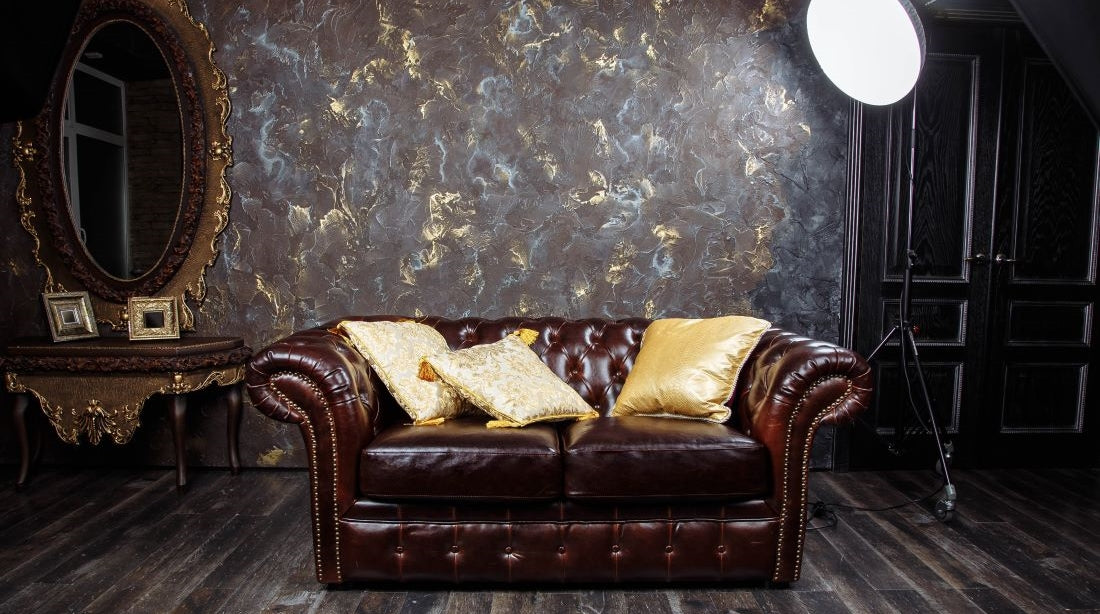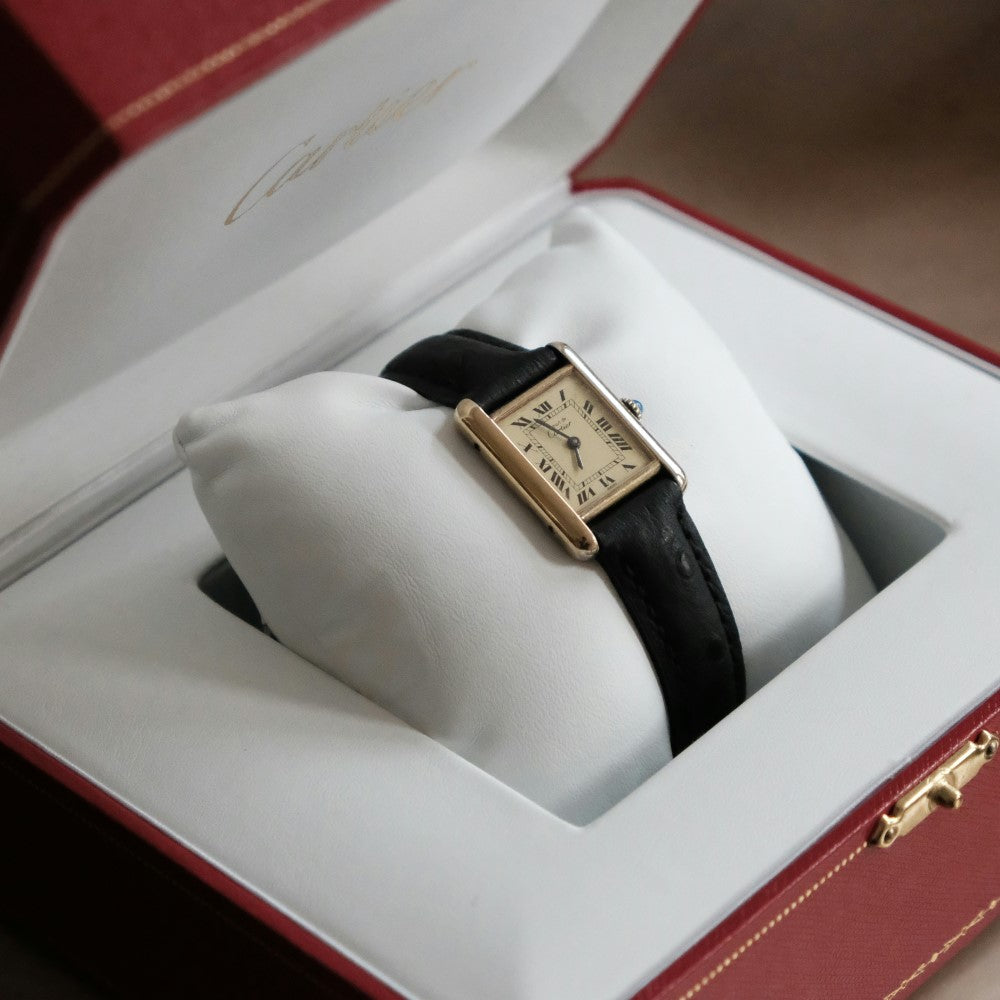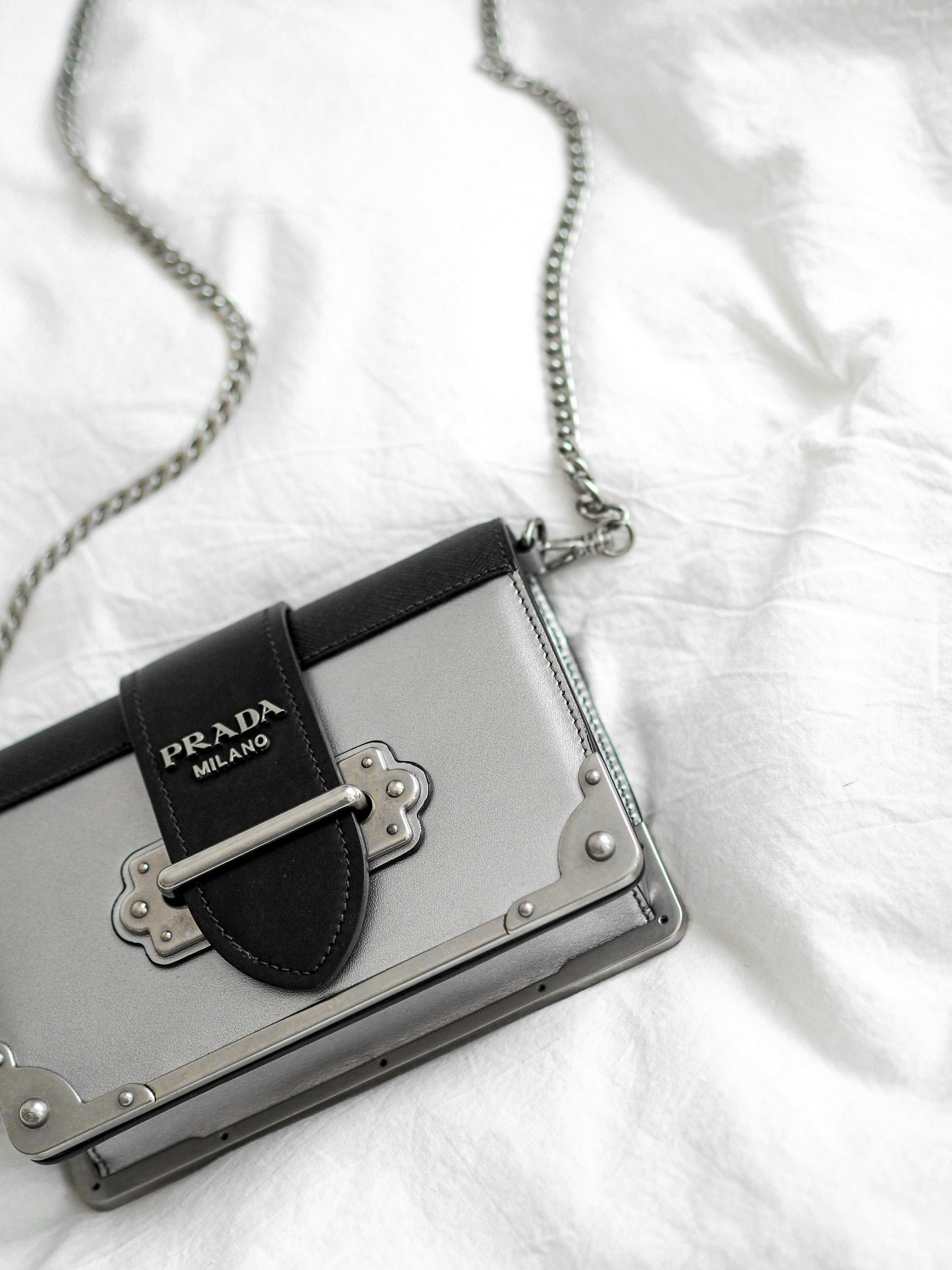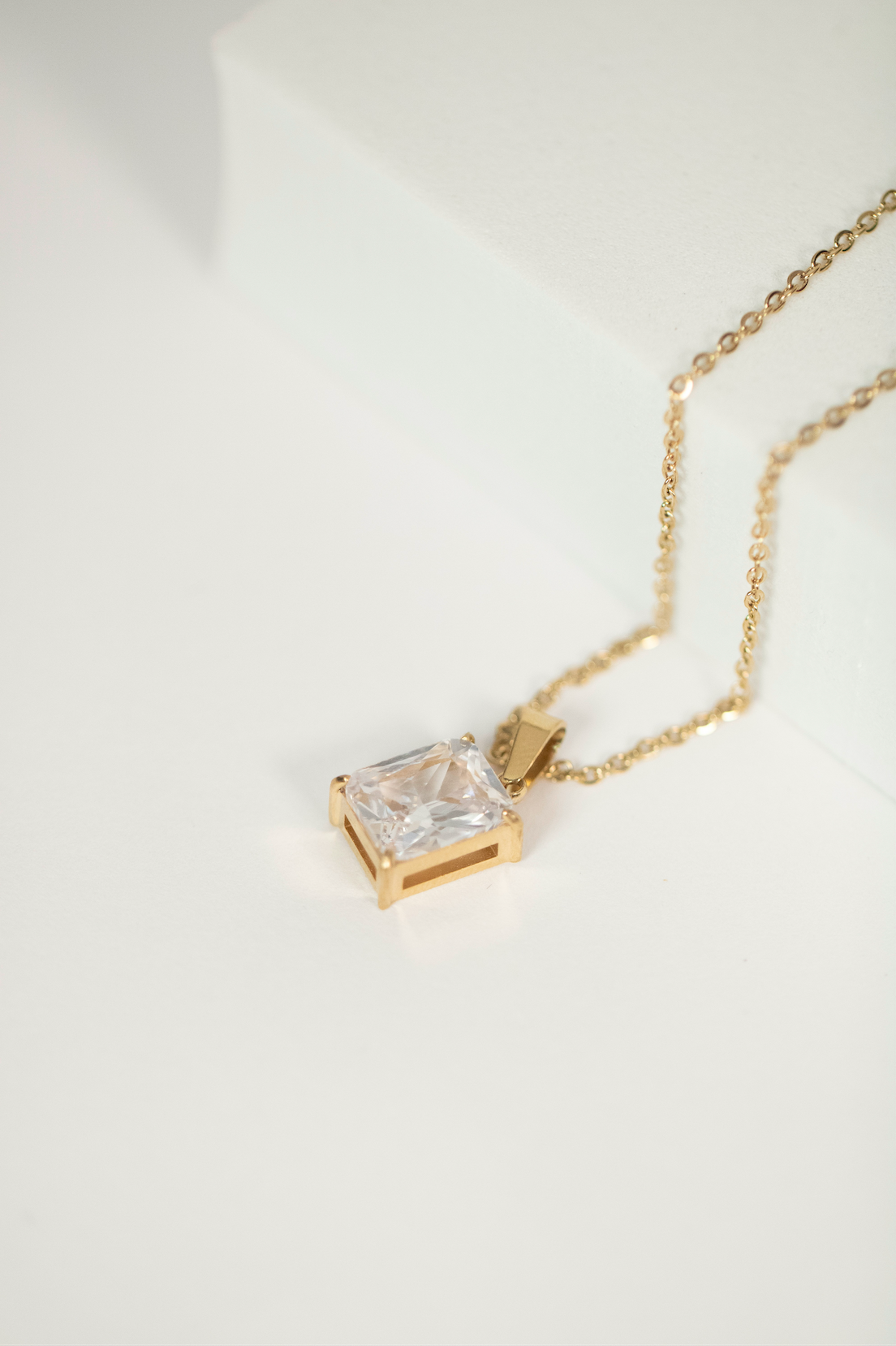
It's official: what's cool is no longer defined by what's new.
Up until just a few decades ago, words like secondhand, consignment, and resale often carried a negative connotation. More recently, however, that perception has changed. Within the last couple of years, the pre-owned fashion market has experienced a huge boom, and is even expected to eclipse the fast fashion market in coming years.
There are a lot of factors that play into this trend. For one, the secondhand market makes it possible for shoppers to get high-quality designer clothing and other goods at a much lower price than they would off the rack.
Beyond the greater value at lower cost, continued supply chain and shipping delays caused by the COVID-19 pandemic have led many people to turn toward pre-owned furniture as a more convenient alternative. And convenience is far from the only benefit. On top of all that, the move toward resale shopping is indicative of an even larger cultural movement toward sustainability and environmentally friendly lifestyles.
The Problem With New
In many ways, the move toward pre-loved fashion is also a rebellion against fast fashion, the term given to modern fashion business models that emphasize lightning-quick production timelines, hyper-trendy products, and high turnover for those same products for consumers. In the fast fashion world, speed and inexpensiveness are often prioritized over quality. Manufacturers—and consumers—move from one style to the next within a matter of months. As a result, clothes are often discarded within a couple months of being purchased, or wear out after only a few uses due to poor design or construction.
In addition to being wasteful, fast fashion is extremely detrimental to the environment. The textiles commonly used in fast fashion (such as polyester and nylon, among others) contain plastics. Each time a garment is washed, worn, or thrown away, its plastic-containing microfibers are dispersed into the natural world. Over time, their buildup causes pollution, particularly of oceans and other waterways. And this isn't even accounting for the estimated 92 million tons of textile that is burned or sent to landfills.
While this problem is perhaps most pronounced in the fashion industry, a similar phenomenon is taking place in other industries, such as the furniture industry. Increasingly, furniture is being mass-produced using low-quality materials such as particleboard, sold at cheap prices, and then thrown out when it breaks, or when people move. As a result, more than 9 million tons of furniture waste is ending up in landfills each year.
Secondhand Is Better for the Planet - and for You
Shopping secondhand reduces the demand for new products, forcing manufacturers to slow down and focus on quality. However, many secondhand stores and websites still focus on recirculating fast fashion items, which doesn't help the fact that these garments are still shedding microfibers with each wash, or that they often wear out in relatively short periods of time. In this sense, secondhand shopping is a big step in the right direction, but it's still only a partial solution.
One way to go further in supporting sustainability efforts is by shopping at luxury consignment stores, where products have been authenticated and checked for quality. Most of these stores specialize in designer consignment, meaning that you're more likely to find luxury handbags, luxury watches, and designer clothing in new or like-new condition.
The key difference is that designer clothing and luxury furniture and home goods are built to last. For example, designer clothing and handbags are often made with high-quality materials such as pure silk or cotton in styles intended to be timeless. As a result, even pre-loved designer handbags and clothing are likely to last longer than new fast fashion items while still looking chic. Similarly, luxury resale furniture is typically handmade out of solid wood and built to last for decades, if not centuries.
For both consumers and the environment, shopping luxury resale is a win-win. Not only do designer consignment items reduce demand for fast fashion products, they're also less likely to shed harmful microfibers, or to end up in a landfill due to poor construction—not to mention the higher aesthetic value they carry, and the money you'll ultimately save by not having to replace them within a few years.
North Shore Exchange
North Shore Exchange is a nonprofit luxury consignment shop that offers pre-owned and pre-loved designer clothing, vintage jewelry, and accessories. Our expert Merchandising team carefully inspects all products to ensure authenticity, so you can shop for discount luxury items with complete confidence. Explore high-quality, timeless handbags, jewelry, clothing, or home accessories and decorative objects!
In addition to the environmental impact you'll be making by shopping at a consignment store, you can feel good knowing that North Shore exchange supports Chicagoland charities, and that your purchases are helping to provide food for the hungry, shelter for the homeless, and services to prevent abuse to children and families.
You can also donate or consign your own luxury items by creating an account with North Shore Exchange today. Get cash for the luxury goods in your home, and find new ones at great prices—all while giving back to the community. It’s the best of all worlds!





